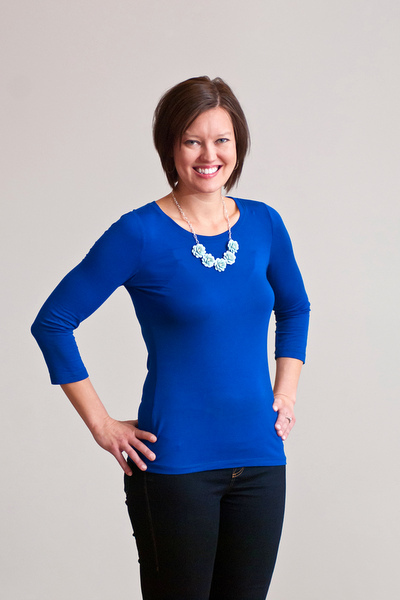“Your A1C is 16.9. Your blood sugar is 700.”
These are the words I heard when I was diagnosed with type 1 diabetes in an emergency room after a year and a half of unexplained illness. (An A1C is a number the correlates with a three-month average blood sugar level.) Type 1 diabetes is an autoimmune disease; it has no cure.
“Wow! 16.9! That’s the highest A1C I’ve ever seen!”
This was the first thing my initial endocrinologist said to me upon meeting me for the first time and viewing my medical chart. He followed his statement up with a chuckle. I certainly didn’t find my near-death experience very funny.
“Your A1C is down to 7.0. You can think about getting pregnant. It’s really best to have your babies before age 30 with your disease.”
This came from my second endocrinologist. More numbers. More guidelines. More boundaries.
“What is your A1C?”
This was what was asked of me by my first podiatrist. He didn’t even introduce himself to me; he just walked into the room, glanced at my chart, started interrogating me. When I told him my A1C, which was 6.9 at the time, he frowned at me and said, “Why?”
Having a chronic disease is hard. I’m supposed to manage my disease 24/7/365. It’s about as easy as managing a preschooler in a candy store — at all times. Here’s how it goes:
I have to count every carbohydrate gram that I eat, test my blood sugar, type my blood sugar levels into my continuous glucose monitor (CGM) and my insulin pump, change my pump set every three days, change my CGM site every seven days. I have to manage my stress, stay hydrated, get enough sleep and exercise daily in order to keep my blood sugar stable.
I have to visit multiple specialists a year, call my insurance company many times a month and order medical supplies. I can do everything exactly as I should, and my blood sugar could still go high or low. I worry about the side effects some diabetics face: blindness, heart problems, kidney failure, cancer, depression and limb amputation. If I get sick, I have a harder time managing my disease. If I exercise too much or too little, my blood sugars will show that. If it’s a very hot day, my blood sugar is likely to get too low.
My disease management is a full-time job. So you can imagine when a doctor “grades” me based on a single number, I get frustrated, sad and angry.
What I want these doctors to know, beyond the basic questions on medical forms — Do I smoke? Use recreational drugs? Do I have insurance? Relationship status? Employment? — is that:
I fully understand the seriousness of my disease. The potential effects of my disease terrify me.
Achieving perfect blood sugar numbers is nearly impossible. But I try really damn hard.
I juggle many responsibilities; my disease is just one of them. I’m a mom, a wife, a writer, a support group leader, a church member, a friend, a sister, a daughter and an aunt.
I need to be empowered and encouraged more than I need to be lectured.
I’d like to be addressed as a person, not your sixth or sixteenth patient of the day.
Sitting before a doctor as a chronic disease patient is stressful, expensive and mentally exhausting. It takes vulnerability channeled from the depths of your heart.
Imagine how excited I was when I decided to find a new endocrinologist a few years ago. I was nervous and uncertain. She walked into the room, shook my hand, introduced herself and sat in a chair directly across from my chair. She smiled and said, “Tell me about yourself.”
Every four months when I visit her, she shakes my hand and smiles. She asks about my kids, about how our life is going and if I’m embarking on any new adventures. She then asks what my concerns are. She reviews my lab results, noting every single positive number. When she gets to a number that’s too high, she says, “What do you think we can do to bring this number down?” She tells me about the two boys she is raising and even bestows a tidbit or two of parenting advice upon me. She ends by saying, “Nice to see you. You are doing a great job!”
I leave encouraged. I leave certain that the next visit will be equally as wonderful.
I leave feeling like a person.


